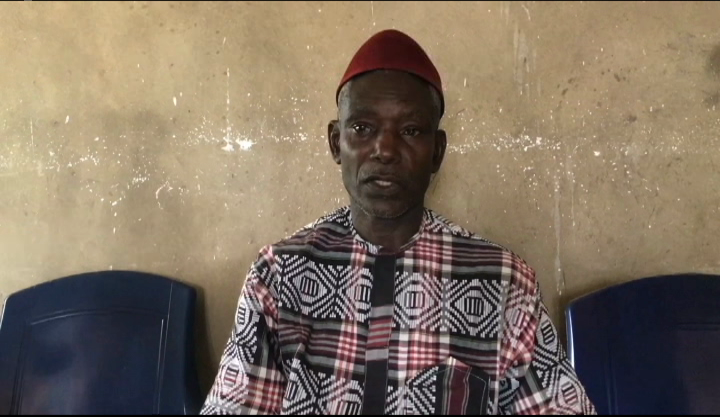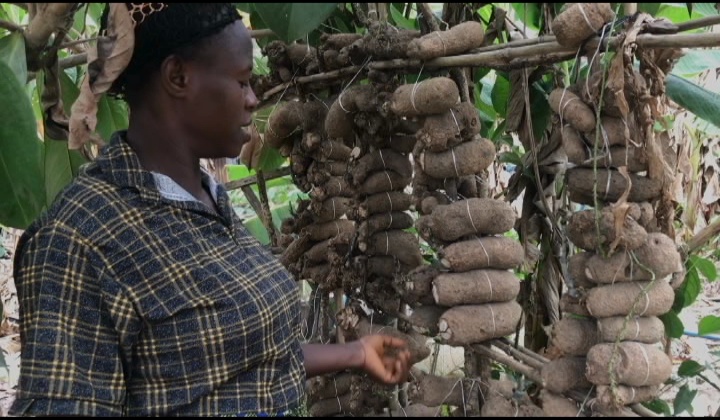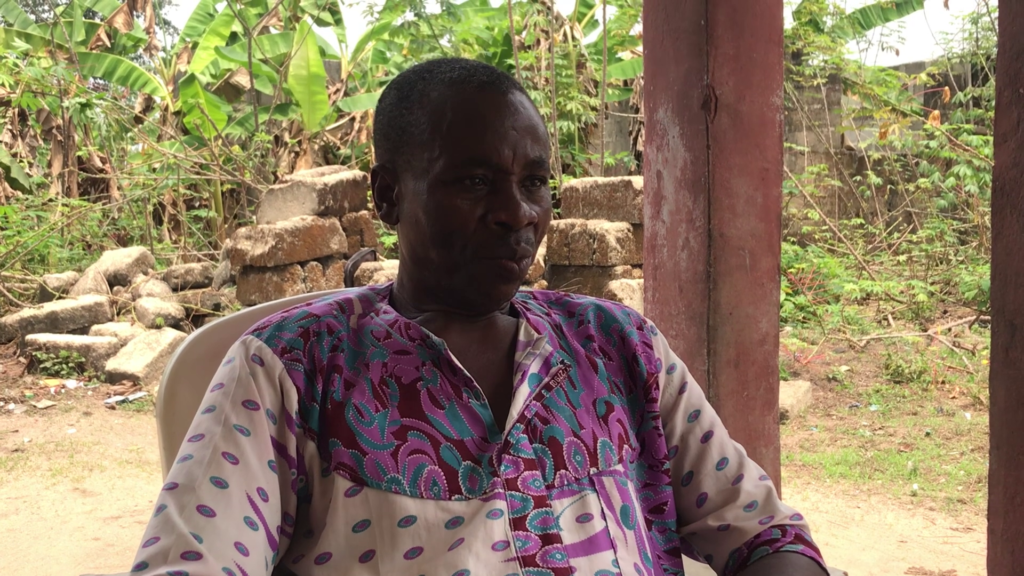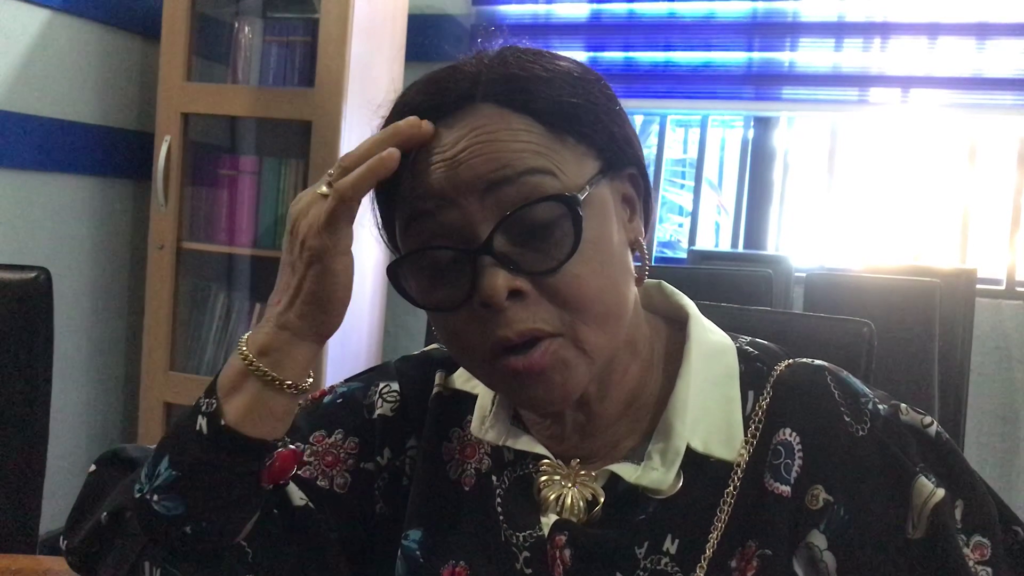Rumuekpe and Umuechem Communities in Rivers State Demand Justice Before Shell Divestment
Rivers State, Nigeria – 26-28 February 3024
In response to the news of the Nigerian government’s contemplation of Shell Petroleum Development Company’s (SPDC) application to divest its onshore shares in the SPDC Joint venture, representatives from Rumuekpe and Umuechem communities in Rivers State expressed profound dismay, emphasizing the need for justice and restitution before any divestment considerations.
Upon visiting Rumuekpe and Umuechem communities, it became evident that the news of Shell’s potential divestment had sparked surprise followed by disappointment among the residents. Decades of oil exploration activities had left a trail of environmental devastation, eradicated cultural sources of livelihood, and perpetuated intercommunal conflicts, as lamented by community members.
Chief Onyali C. Okwudo, Chairman of the Council of Chiefs in Rumuekpe clan, recounted the harrowing ordeal faced by farmers and fishermen. “We can no longer fish nor farm because of the pollution of the water and soil environment,” he stated, underscoring the dire consequences of environmental degradation.


“All our farmland here, we cant use them anymore. They (Shell) should take responsibility of those damages they have done rather than run away.”
-Chief Okwudo
Mrs. Joy Ndubuisi corroborated Chief Okwudo’s account, showcasing the pitiful state of yams harvested from the last planting season, indicative of the adverse effects of environmental pollution on agricultural produce.
In addition to the effects of oil pollution, Rumuekpe became embroiled in a clash between rival community youth groups over leadership and the accountability of funds and resources received from Shell. This disagreement, spanning from 2004 to 2010, led to numerous casualties and the destruction of properties worth hundreds of millions. Reports indicate that Shell’s complacency played a significant role in escalating the conflict.
The plight of Mr. Stanley Onwuli, a community leader from Umuechem, resonated deeply. Having lost his wife and two children during the 1990 massacre of Umuechem people by the Nigerian police, allegedly instigated by Shell, Mr. Onwuli highlighted the dire lack of healthcare facilities. “I couldn’t even afford to treat myself,” he lamented, despite the nation’s substantial oil revenues derived from the community.


“I’m not against Shell’s divestment but all the myriads of problem they (Shell) have left behind, who takes care of them? At my age I should be a happy man but I’m going to my grave a sad and despondent man”
-Mr Nwoli
In 1990, Shell was implicated in the massacre of women and men of all ages in Umuechem by the Nigerian Police. This was done under the pretext that the community was responsible for damaging Shell’s facilities. Despite Shell’s denial of direct involvement in the massacre, no action has been taken to compensate the affected community or acknowledge the loss of lives and property in that tragic event. Mr. Stanley, who was detained for over 7 months, tragically lost his young wife and two children when the Nigerian Police bombed the building where they had sought shelter
Women leader in Umuechem, Hon Mrs. Faith Amadi, echoed the community’s discontentment with Shell’s divestment plans. She urged the federal government to intervene and ensure that Shell pays compensation for the decades of injustice and environmental harm inflicted upon Umuechem and the Niger Delta region.
Unified in their demands for justice, community members asserted that any divestment by Shell must be preceded by comprehensive remediation of the polluted ecosystem, restoration of the environment, and adequate compensation for the damages inflicted upon the communities. Their collective stance underscores the urgent need for accountability and restitution in the face of longstanding environmental and social injustices perpetrated by oil exploration activities.




